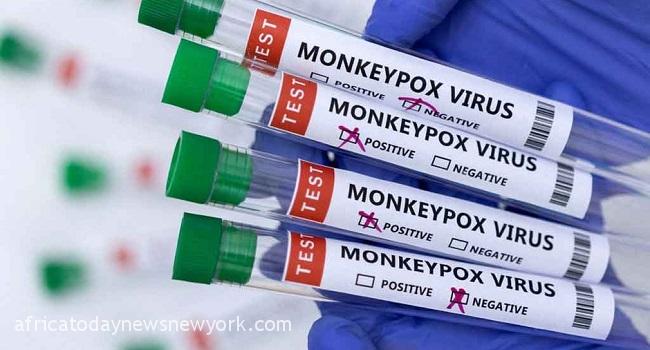The World Health Organisation (WHO) has declared the monkeypox outbreak, which has so far affected no fewer than 16,000 people in 72 countries, to be a global health emergency, raising big fears.
‘I have decided that the global #monkeypox outbreak represents a public health emergency of international concern,’ WHO chief Tedros Adhanom Ghebreyesus said at a press conference on Saturday which was monitored by Africa Today News, New York.
He revealed a committee of experts who met on Thursday was unable to reach a consensus, so it fell on him to decide whether to trigger the highest alert possible.
‘WHO’s assessment is that the risk of monkeypox is moderate globally and in all regions, except in the European region where we assess the risk as high,’ he added.
Africa Today News, New York reports that Monkeypox has affected over 15,800 people in 72 countries, according to a tally by the US Centers for Disease Control and Prevention (CDC) published on July 20.
Read Also: WHO Considering Declaring Global Emergency On Monkeypox
A surge in monkeypox infections has been reported since early May outside the West and Central African countries where the disease has long been endemic.
On June 23, the WHO convened an emergency committee (EC) of experts to decide if monkeypox constitutes a so-called Public Health Emergency of International Concern (PHEIC) — the UN health agency’s highest alert level.
But a majority advised Tedros that the situation, at that point, had not met the threshold.
The second meeting was called on Thursday with case numbers rising further, where Tedros said he was worried.
A viral infection resembling smallpox and first detected in humans in 1970, monkeypox is less dangerous and contagious than smallpox, which was eradicated in 1980.
Ninety-five percent of cases have been transmitted through sexual activity, according to a study of 528 people in 16 countries published in the New England Journal of Medicine — the largest research to date.
Overall, 98 percent of infected people were gay or bisexual men, and around a third were known to have visited sex-on-site venues such as sex parties or saunas within the previous month.
“This transmission pattern represents both an opportunity to implement targeted public health interventions, and a challenge because in some countries, the communities affected face life-threatening discrimination,” Tedros said earlier, citing concern that stigma and scapegoating could make the outbreak harder to track.
The European Union’s drug watchdog on Friday recommended for approval the use of Imvanex, a smallpox vaccine, to treat monkeypox.
Imvanex, developed by Danish drugmaker Bavarian Nordic, has been approved in the EU since 2013 for the prevention of smallpox.
It was also considered a potential vaccine for monkeypox because of the similarity between the monkeypox virus and the smallpox virus.
The first symptoms of monkeypox are fever, headaches, muscle pain and back pain during the course of five days.
Rashes subsequently appear on the face, the palms of hands and soles of feet, followed by lesions, spots and finally scabs.

